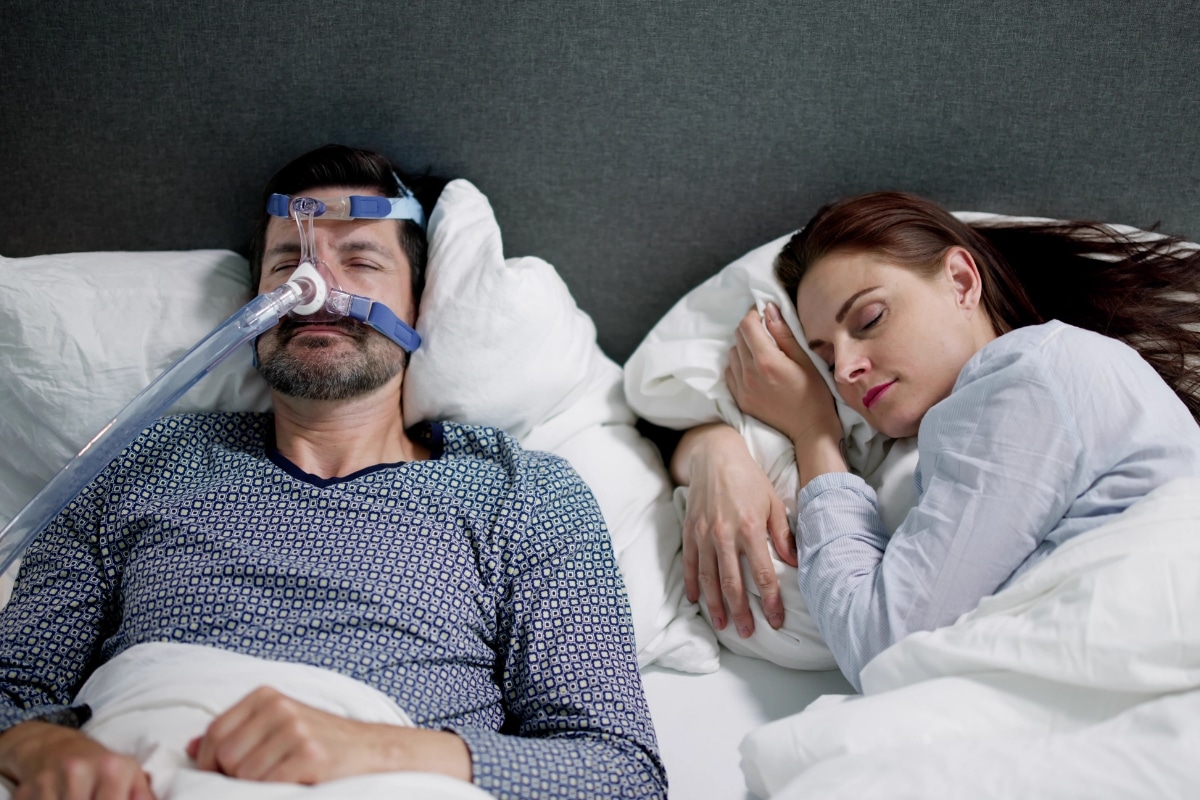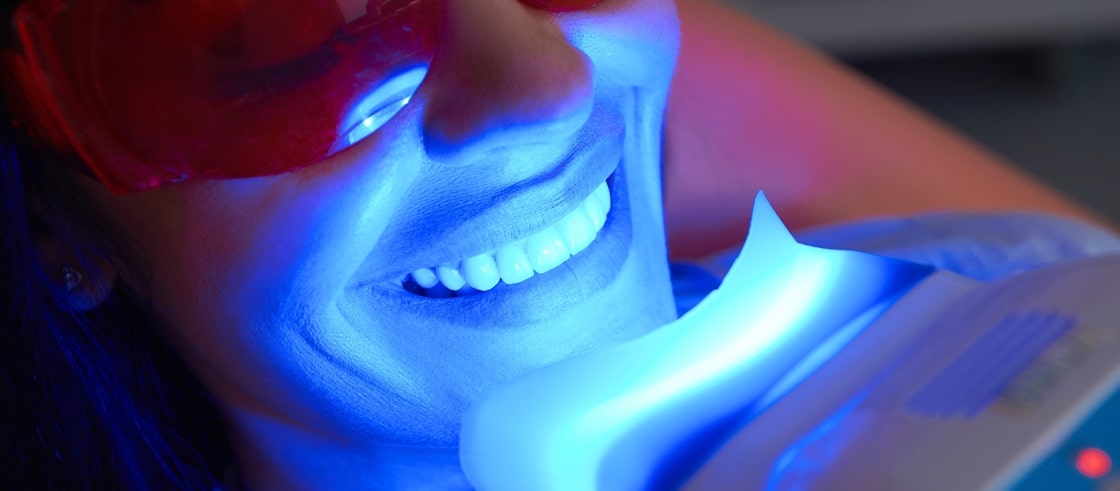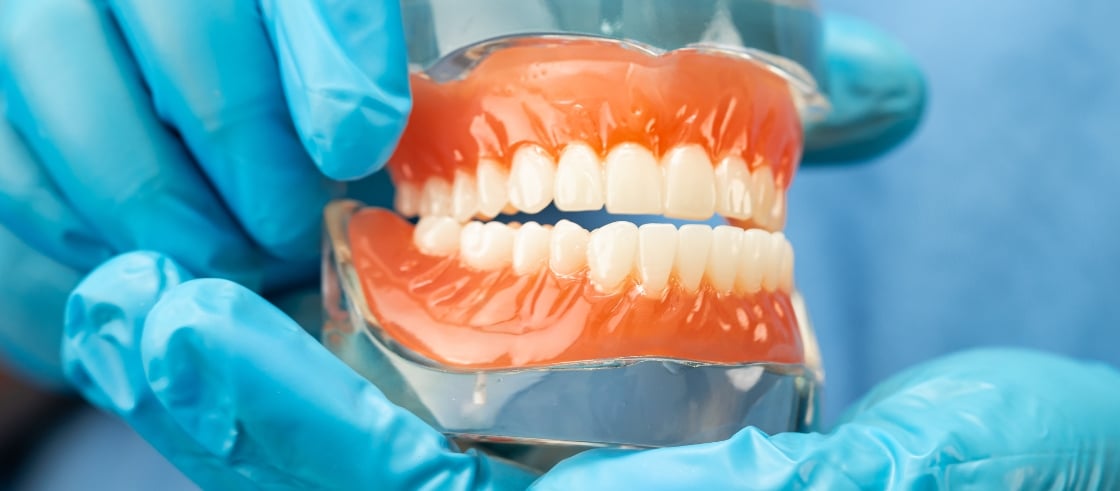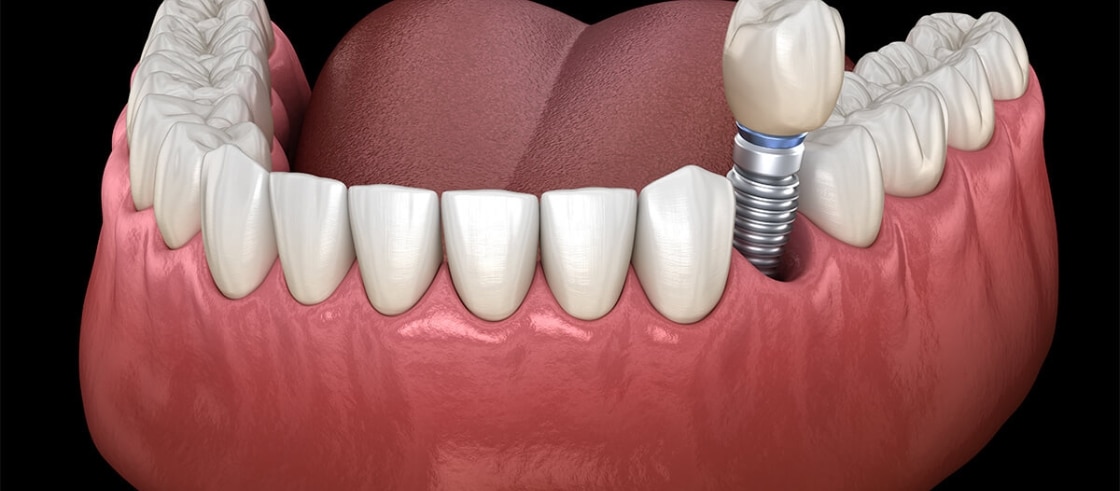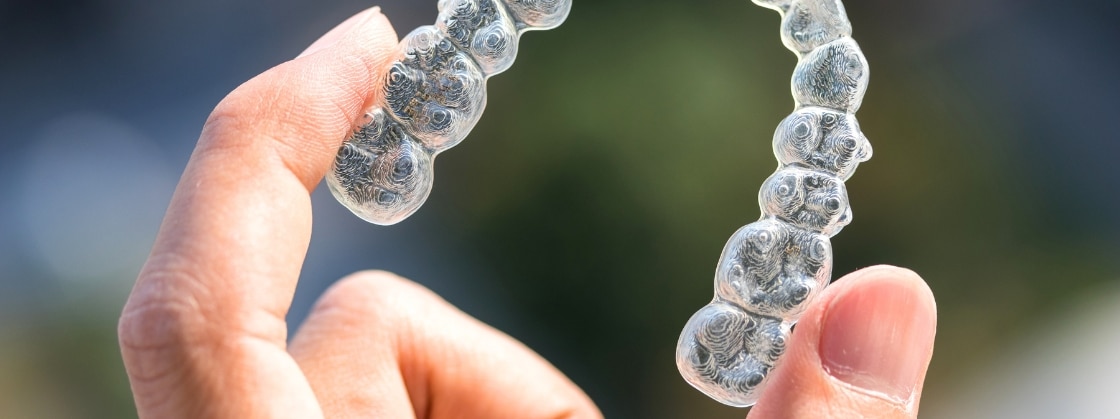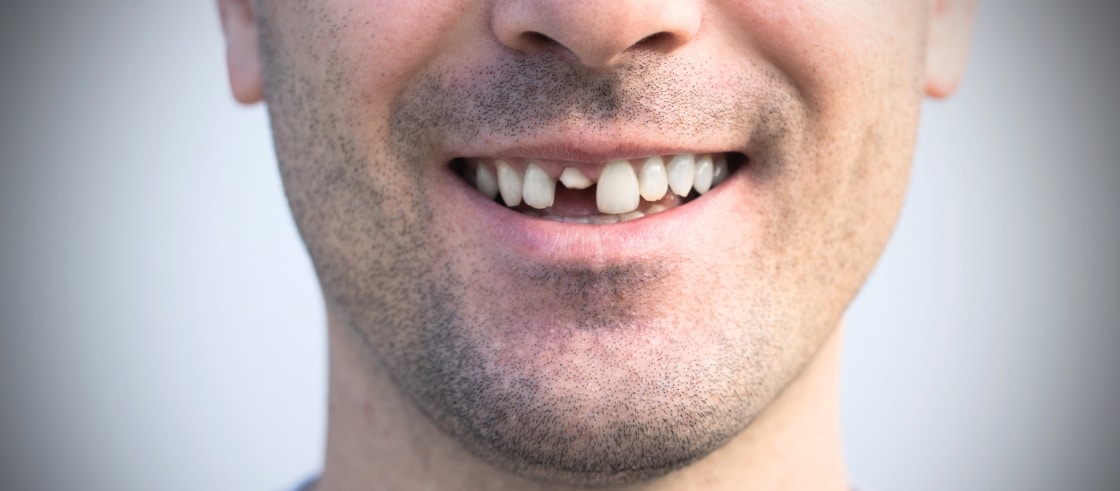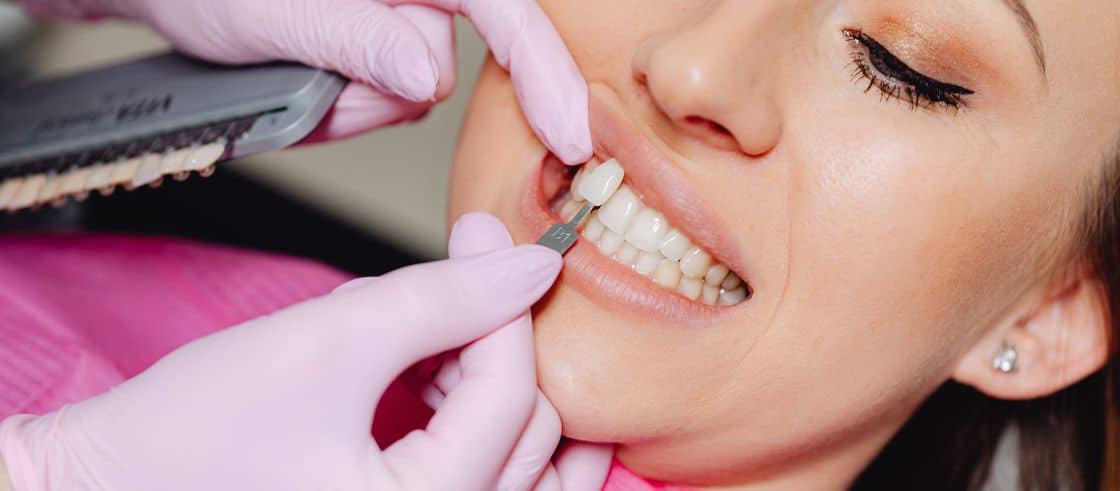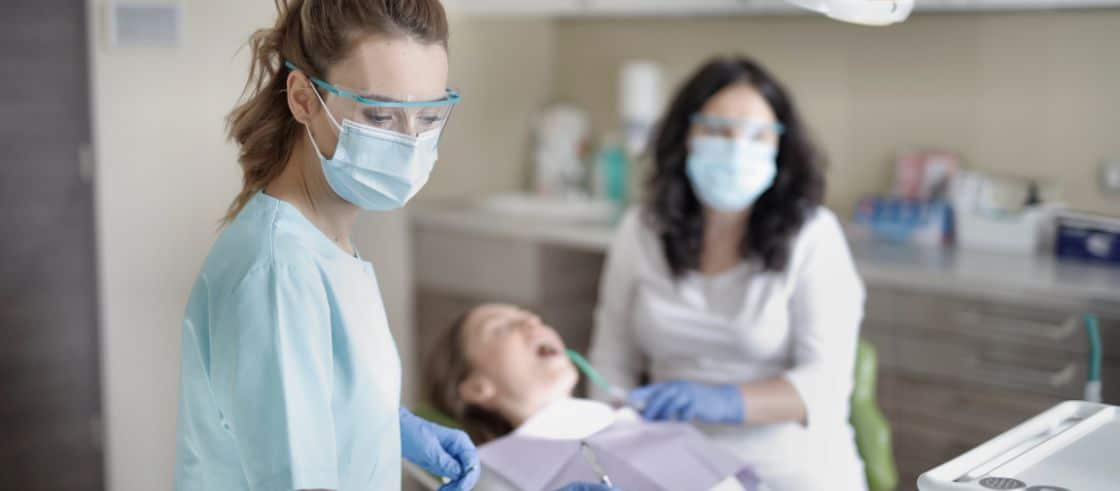If you’re struggling to stay awake during the day, you’re not alone. Excessive daytime sleepiness (EDS) is a common problem that bothers nearly 30 million adults in the U.S., interfering with daytime activities, work performance, and overall quality of life. Obstructive sleep apnea (OSA), a disorder that results from the collapse of the airway during sleep and leads to disrupted sleep and daytime sleepiness, is one common cause of EDS.
Understanding Daytime Sleepiness
Daytime sleepiness is more than a general feeling of tiredness; it’s a state in which you’re excessively sleepy during the day. Despite what should have been a full night’s sleep, the condition can intrude on your ability to concentrate, impair memory, and slow reaction times, making it difficult to carry out daily tasks. In fact, studies have discovered that over one-third of Americans report that daytime sleepiness negatively affects their mental health, and 24% say it affects their relationships with friends and family.
The Link Between Sleep Apnea and Excessive Daytime Sleepiness
One of the primary causes of EDS is obstructive sleep apnea. During OSA occurrences, the airway collapses, and breathing stops for seconds or minutes. This type of disruption does not permit deep, rejuvenating sleep, and the person wakes up feeling tired and sleepy during the day. Interestingly, even with treatments like CPAP (Constant Positive Airway Pressure) therapy, residual daytime sleepiness remains in some patients.
Looking at Sleep Appliances as a Solution
For patients who are intolerant to CPAP therapy or who experience mild to moderate OSA, sleep appliances are another option. These custom-made devices function by repositioning the jaw and tongue in order to keep the airway open during sleep. By keeping the airway open, sleep appliances can improve the quality of sleep, leading to reduced daytime sleepiness.
Getting Started with Sleep Appliances
If a sleep appliance is under consideration, the first step is to consult with a sleep apnea dentist in Oak Park. A sleep study may be prescribed to diagnose OSA and determine the severity. Following diagnosis, the sleep dentist can create a custom appliance according to your specific needs. Regular follow-ups ensure the device remains effective and comfortable.
Lifestyle Recommendations to Complement Treatment
In addition to using a sleep appliance, adopting good sleep hygiene can also reduce daytime sleepiness:
- Maintain a consistent sleep schedule: Go to bed and wake up at the same time every day, including weekends.
- Maintain a relaxing sleep setting: Keep the bedroom cool, dark, and quiet.
- Limit caffeine and alcohol use: Avoid using these close to bedtime.
- Stay active during the day: Exercise regularly to improve the quality of sleep.
By combining these lifestyle changes with the use of a sleep appliance, you can make significant progress in reducing daytime sleepiness and improving your overall state of health.
If you’re experiencing excessive daytime sleepiness and suspect that sleep apnea is the cause, don’t wait. Call One Fine Smile to schedule a consultation and learn how sleep appliances can help you regain vibrant energy during the day.

